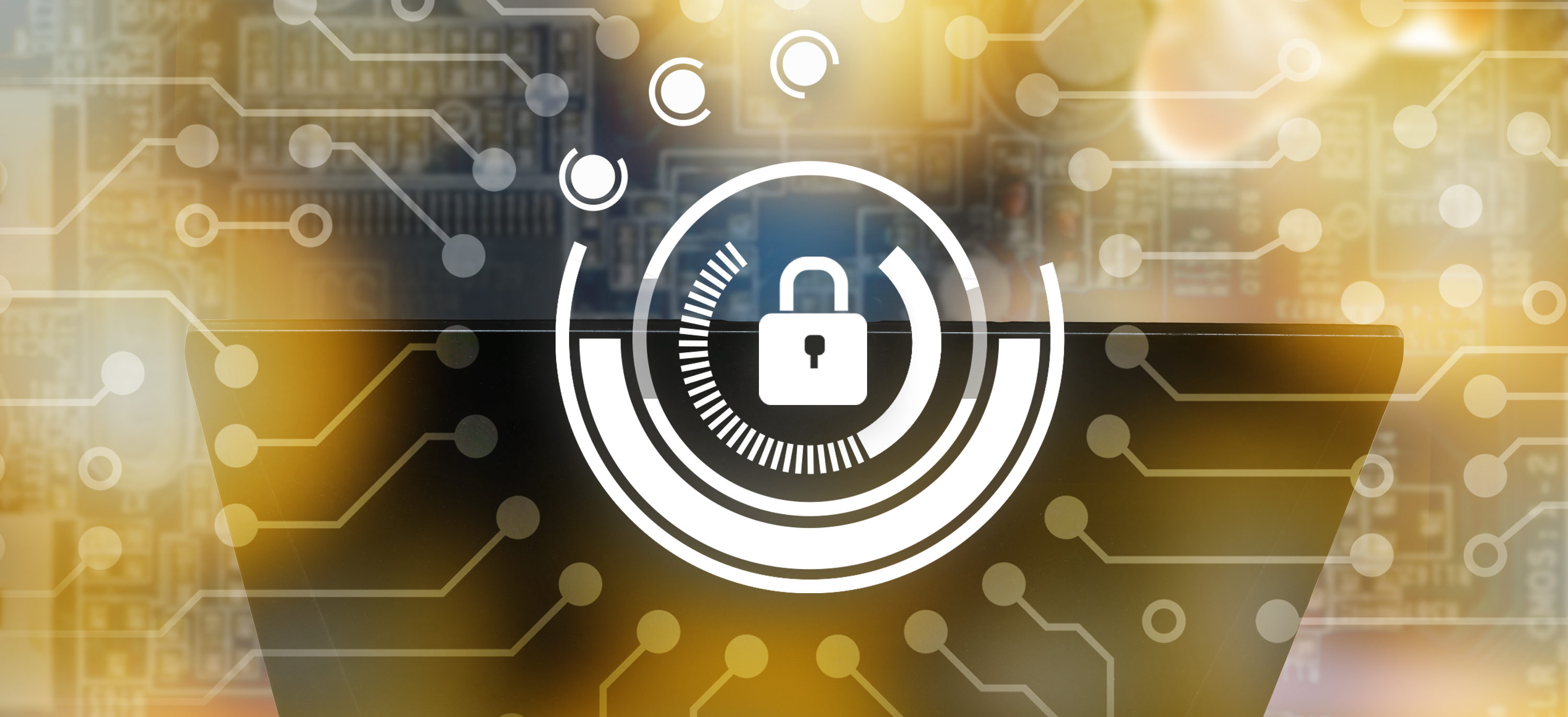With the most recent cyberattack that disabled major websites like Twitter, Amazon and Netflix, it is clear that our country still has a long way to go when it comes to protecting our cyber systems. This high-profile attack definitely caught the attention of the Administration, Congress, the business community, privacy advocates and more. As we move forward, all parties will need to have a seat at the table.
According to authorities, the cyberattack went after the company Dyn, a domain name system provider, which helps connect people to websites. The attacker utilized the Mirai malware to take over internet-connected devices, like web cameras, and overwhelm Dyn with fake traffic, thus shuting it down and taking access to Twitter, Amazon and Netflix along with it. The malware exploited vulnerabilities in web cameras, using default passwords that users were not required to change when setting up the system. The distributed denial of service attack (DDOS) was surprisingly successful and the websites were inactive for several hours on Friday. The incident cost the companies money from lost sales and impacted public confidence in these systems.
Even with this, more and more people are using what has been dubbed, “the internet of things,”to handle everything from controlling the heat in our homes to video chatting with grandma three states away. Devices on our wrists tell us how many steps we’ve walked. Different forms of financial technology have broadened access to capital for small businesses and others. Driverless cars are being tested in Pennsylvania where promoters say they can reduce traffic crashes by 90 percent by reducing human error. Online retailers are looking at drones to deliver packages to your door step. Blockchain technology shows great potential to revolutionize banking worldwide. And now, when we lose our smart phone or have it stolen, we can still access all of our data from the cloud. This is just the beginning.
This inter-connected world makes our lives more efficient and convenient,improves communication, drives growth, creates jobs and, if done properly, improves safety and helps us lead healthier, more fulfilling lives. However, it also presents us with significant challenges due to the constant hacking from nation-state actors, criminals and other nefarious groups. As the United States continues to grow the “Innovation Economy” and create good-paying jobs here at home, it isimperative that consumers have confidence in our evolving world of technology and our government must be a partner in this process.
We are at a real turning point. After the cyberattack last Friday, the Department of Homeland Security (DHS) says it is working together with law enforcement to determine who was behind it. Secretary Jeh Johnson also recently announced DHS will release a set of strategic principles for securing connected devices in the coming weeks. Congressional leaders are already weighing in on what they believe should be next. At the same time, we are less than two weeks from an election. The United States will have a new President, new Administration leaders and potentially big changes in the 115th Congress.
However the election plays out, when the dust settles, it is critical that government, both the Administration and Congress, work together with business, academia, the privacy community and other experts to ensure innovation is encouraged, not stifled, safety and privacy are protected and any guidelines are flexible enough to keep up with the fast-paced changes to technology. Everyone has a role to play and a voice to be heard.
Innovation and collaboration are the American way.

